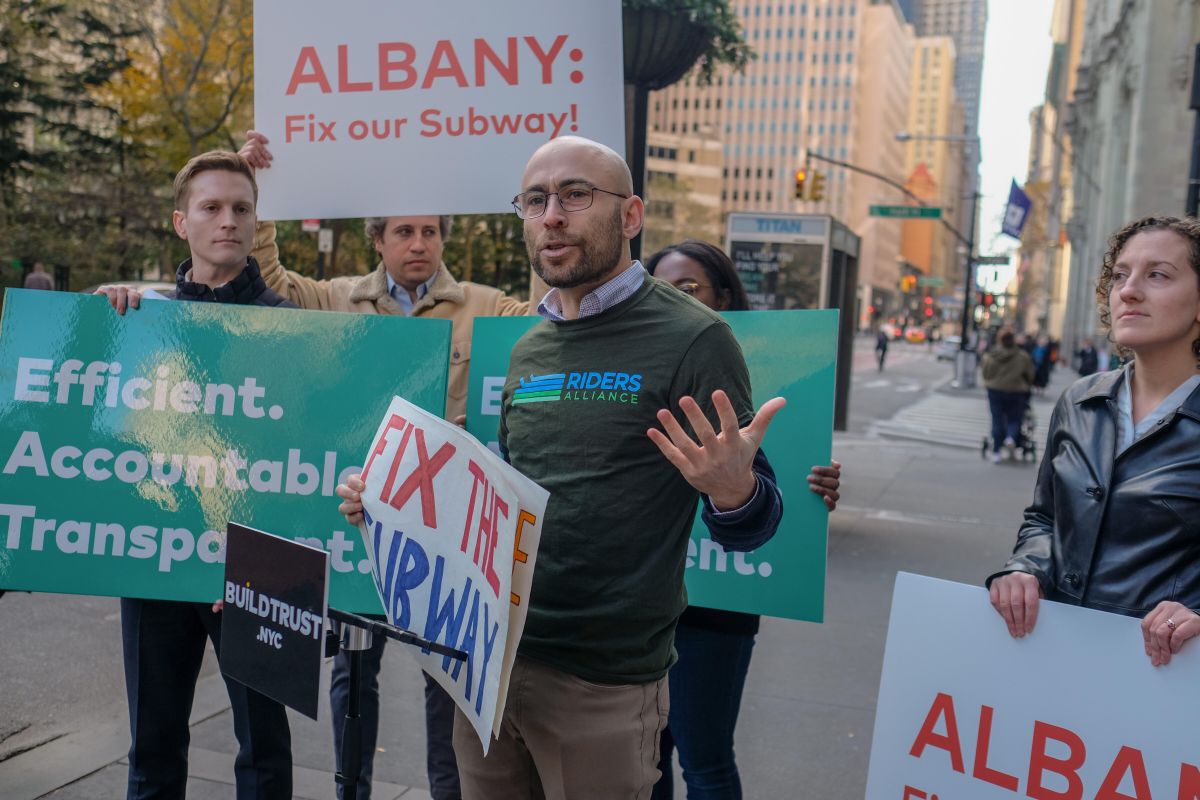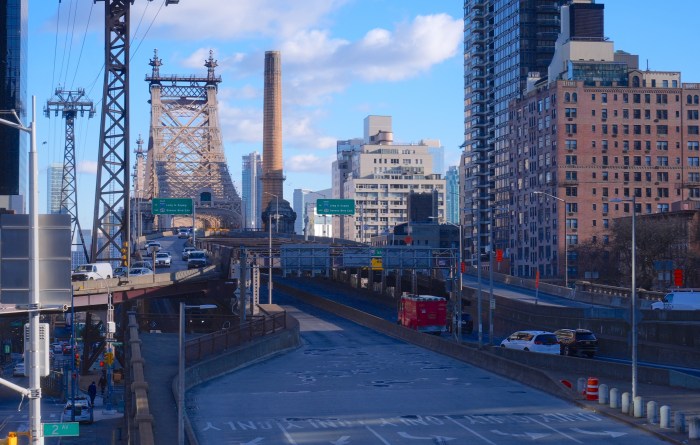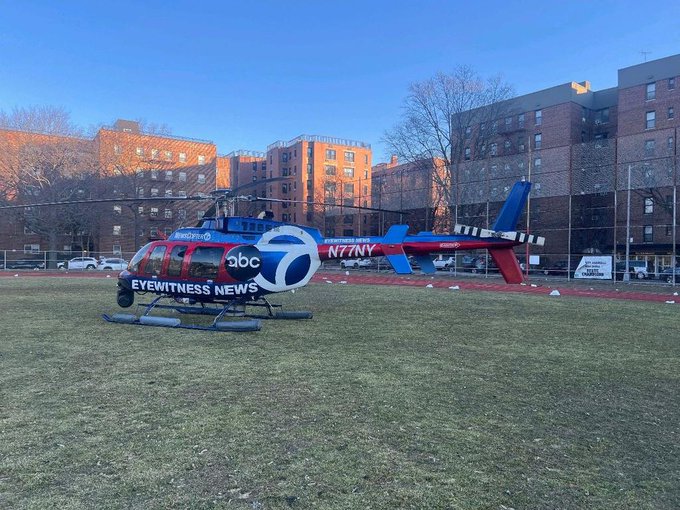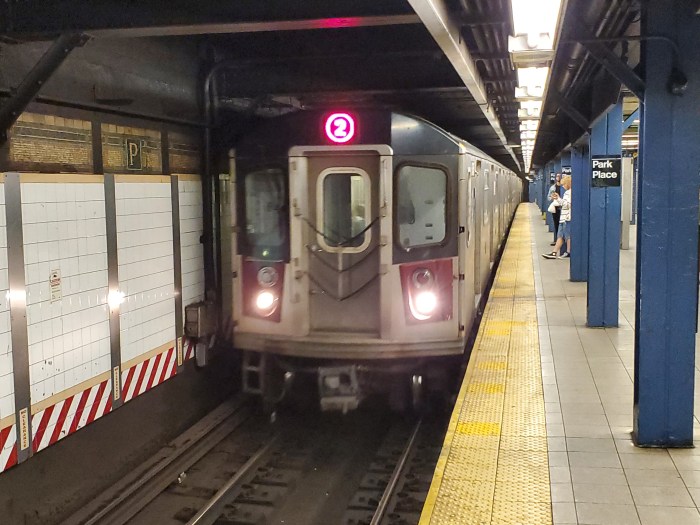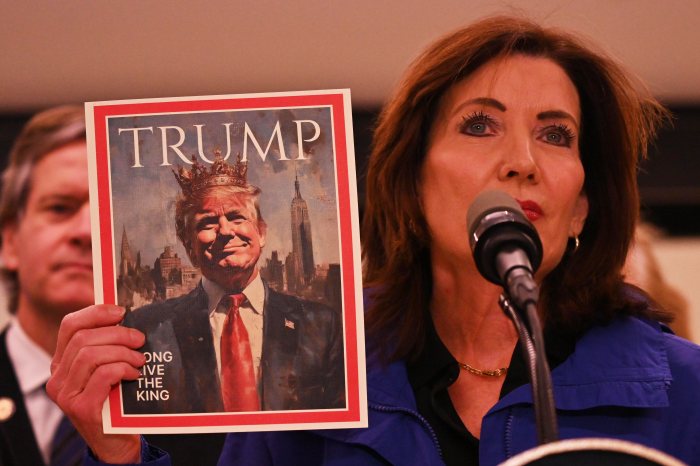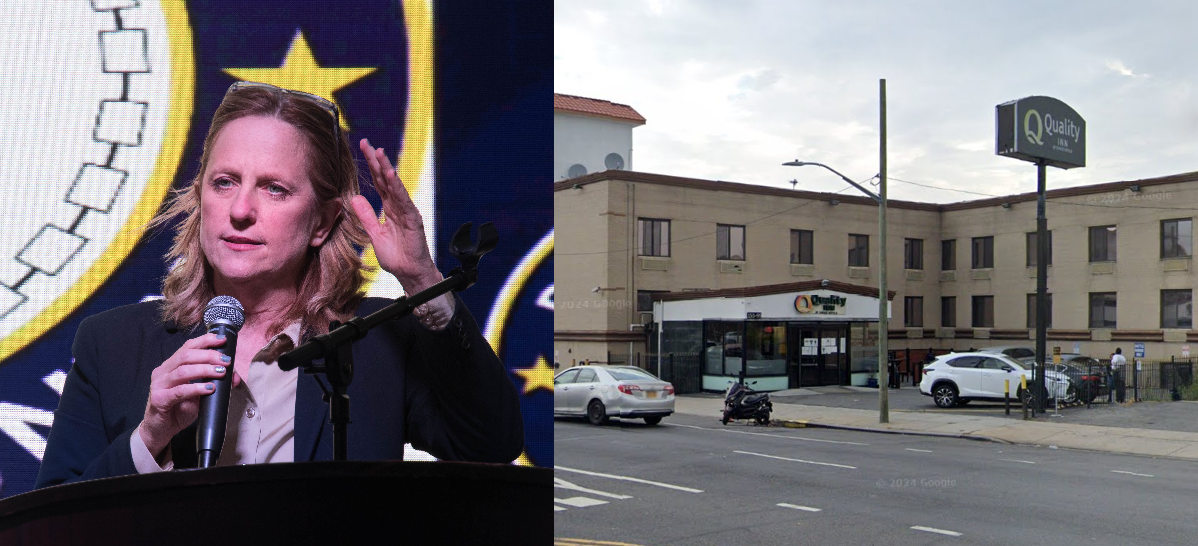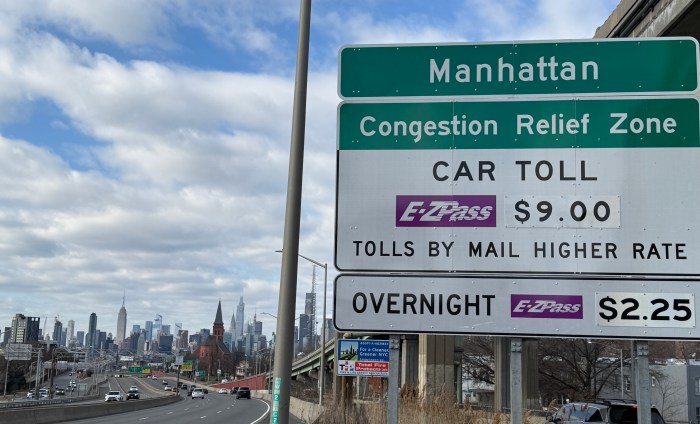As the MTA shapes a massive capital spending plan for the next five years, state lawmakers must finally provide more aggressive oversight, advocates warned Monday.
Good government and transit advocates are calling for the state to usher in a new era of accountability at the MTA and are pushing lawmakers to get answers on lingering questions around the MTA’s $51.5 billion capital program. A joint state Senate and Assembly oversight hearing on the plan is scheduled for next week.
“We are asking the legislature at that next hearing to hold the MTA’s feet to the fire,” said Danny Pearlstein, spokesman at Riders Alliance, at a news conference outside state Senate offices in Manhattan, “to ask the tough questions about scheduling; the particular questions about coordination among agencies; about reigning in costs.”
The legislature has been criticized in recent years for lax oversight over the MTA, a state authority, as the transit agency juggled various crises relating to poor service and glaring budget gaps.
The state Assembly hasn’t held an oversight hearing on the MTA since 2014, according to an analysis from Reinvent Albany.
While the governor is effectively in control of the MTA, the state legislature approves state budgets, which directs funding to the MTA, and also passes legislation on new funding streams and other related policies for the authority.
“We want to have hearings every six months because we want to create a culture of oversight, a culture of responsiveness and regular dialogue between the legislature and the MTA,” said Rachael Fauss, of Reinvent Albany, part of the “Build Trust” campaign.
The calls come as the MTA maps out its still-unfunded capital plan–the largest in its history. The majority of that capital budget would go toward city bus and subway service, with billions allocated for the resignaling of several critical subway lines and added wheelchair access at 70 new stations.
Question marks surrounding the capital plan include whether the MTA could actually allocate the more than $50 billion in spending in five years; when those major projects would take place and why some of that project spending is so much higher than in peer cities, said Colin Wright, of the group TransitCenter.
Mike Murphy, a spokesman for the Senate Majority Conference, in a statement that “we take our oversight role seriously and look forward to continuing this next week and in the future.”
Assemblywoman Amy Paulin, who chairs the Assembly’s committee overseeing the MTA, said in a statement the capital plan process demanded more scrutiny from her chamber, though she didn’t address why there have been so few hearings previously.
“I fully anticipate we will continue to hold hearings throughout the implementation of this capital plan which will create further opportunities for transparency and accountability,” Paulin said. “To be frank, ongoing deficit problems on the operating side for the MTA make it very likely they will need to come back to the legislature for additional funds, which will give them extra incentive to be as forthright as possible on their ongoing progress and priorities for the capital plan.”



